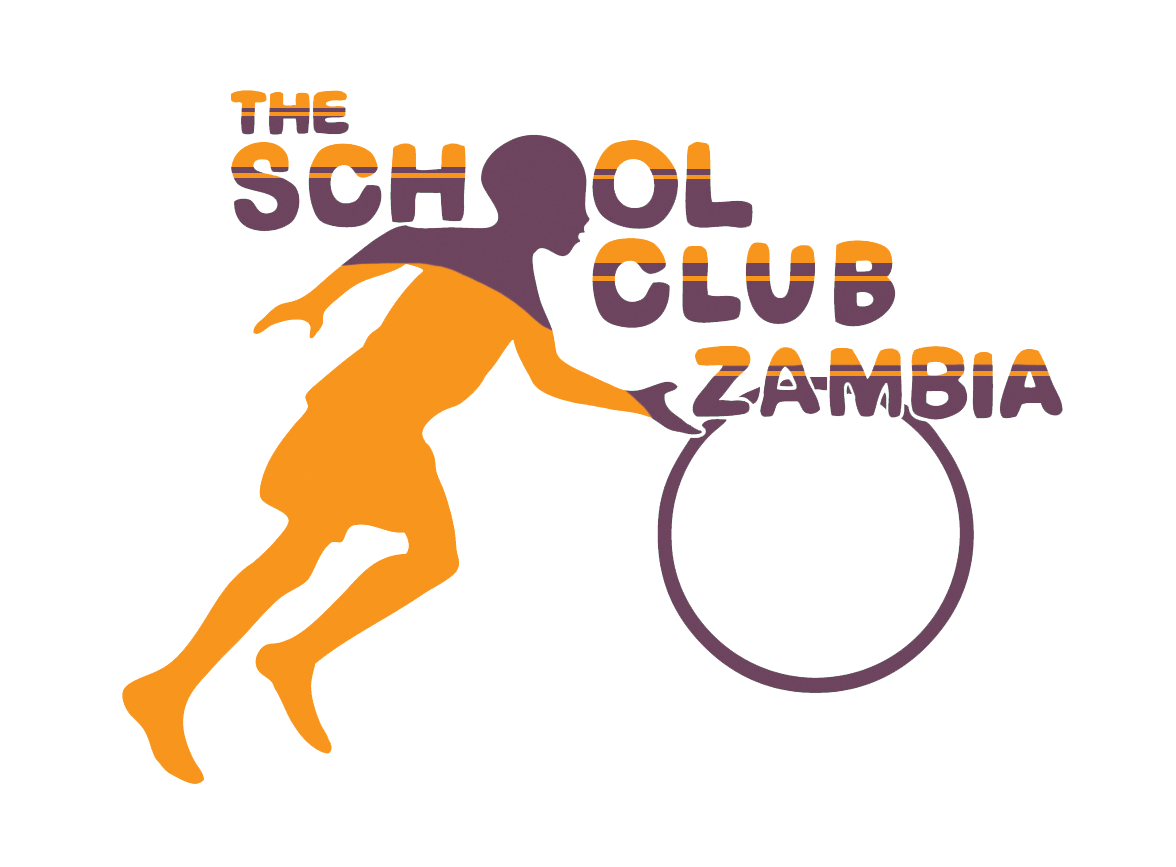Our Impact
Since 2011, we have worked with 13 schools across 3 districts (Livingstone, Sinazongwe and Lusaka) although since 2015 we have focused our work just in Sinazongwe district. To date our programmes have impacted over 20,000 children in our focus areas of self-financing schools; vocational education; literacy development and over-coming the specific barriers that girls’ face in reaching their full potential.

Our proudest achievements are:
Developing a child-led approach to raising the quality, relevance and creativity of the education at our partner schools.
Developing a child-led training scheme in social entrepreneurship.
Equipping 820 children with new vocational skills in organic farming, tailoring, chicken-rearing and carpentry.
Increasing literacy levels across 5 schools by 62% (2015 - 2018)
Helping remote schools to independently raise over £20,000 in income from their school-run enterprises which they have used for infrastructure development projects and the administrative day to day running of the schools.
Providing basic sexual reproductive health and family planning education, sexual reproductive health education rights and training in how to make re-usable sanitary pads to over 2000 girls. Statistics from past projects have shown that these workshops have reduced the numbers of girls missing 1-3 days of school a month from 62% to 12%. We have also seen youth HIV testing at our 6 targeted clinics increase by over 140% since our programmes in Girls Education started.
Building 6 girls’ shower and toilet blocks which provide menstrual hygiene management information (as they are decorated by the girls using information they gained at our workshops) as well as a safe space for adolescent girls to wash and change.
Increasing Early Childhood Development opportunities by re-training teachers and building interactive outside and inside spaces for children under the age of 7
Providing clean water to 23 communities through the drilling of boreholes, training in rainwater harvesting and set-up of solar water pumps at schools.
Providing access to climate-smart agricultural training and farming input tools to over 2,000 farmers living in an area of Zambia that has already been severely effected by the impact of climate change.
Percentage of children passing their grade 7 (end of Primary) exams at Siamucaala Primary School
“Girls should not be scared of their own bodies” Anita, 17.
I was a member of School Club Zambia’s Girl Council Programme and as a Girl Council member I encouraged my friends to attended the health workshops, even if they felt embarrassed. I started my period when my mother was away, but I was not scared as I had learnt what was happening to my body during the workshops. Many girls in our communities do not know why they bleed, so they miss school thinking there is something wrong. Other girls are told that they bleed and boys don’t because girls are dirty. This is wrong and we shouldn’t feel ashamed of our bodies."
Vocational education opportunities for rural youth
Hadge was one of our Young Farmers in 2018 and during the course of the year he learnt the practical and theoretical methods of organic farming as well as how to budget and market for a wide range of crops. Hadge decided to start his own organic garden at home and now sells tomatoes, eggplant and onions to his community. His teachers have been so impressed by his enthusiasm for gardening that they’ve promoted him to garden ambassador for the school so that he can share his knowledge and passion with everyone!
Looking Forward
Our current strategic plan is rooted in the voices of the communities we serve. Developed through extensive consultations including community surveys, focus groups with students, and collaboration with Local Education Authorities, it aligns with Zambia’s commitments under the Sustainable Development Goals (SDGs).
The 2016 and 2022 community surveys revealed powerful insights: over 80% of parents and teachers expressed a strong desire for schools to offer more opportunities for children to learn alternative livelihood skills—such as budgeting, marketing, and basic business finance. Meanwhile, more than 98% of students highlighted the urgent need for improved school facilities, especially in health and sanitation. However, they also recognised that their schools’ development depends on establishing sustainable income sources.
We pride ourselves on building long-term partnerships with carefully selected schools. Our process for onboarding new schools is thorough, allowing us to understand the needs and strengths of teachers, parents, and community leaders. Currently, we work with 11 partner schools in the rural Sinazongwe district of Southern Zambia, and we are excited to plan for the construction of a Climate Resilience Centre in 2025/2026. This centre will serve as a hub for livelihood training, showcasing our demonstration gardens and resource centre, generating income to support our work and ensuring long-term sustainability.
Despite funding challenges following cuts from UK Aid and the impacts of COVID-19, our commitment remains unwavering. As one of the few charities actively working in this vital area of Zambia, our work has become even more critical—especially after two consecutive years of drought that have intensified food insecurity and economic hardship.
In response, we are innovating to reduce overhead costs without compromising on the quality of our services. Our focus remains clear: empowering communities, fostering resilience, and creating lasting change for generations to come.



